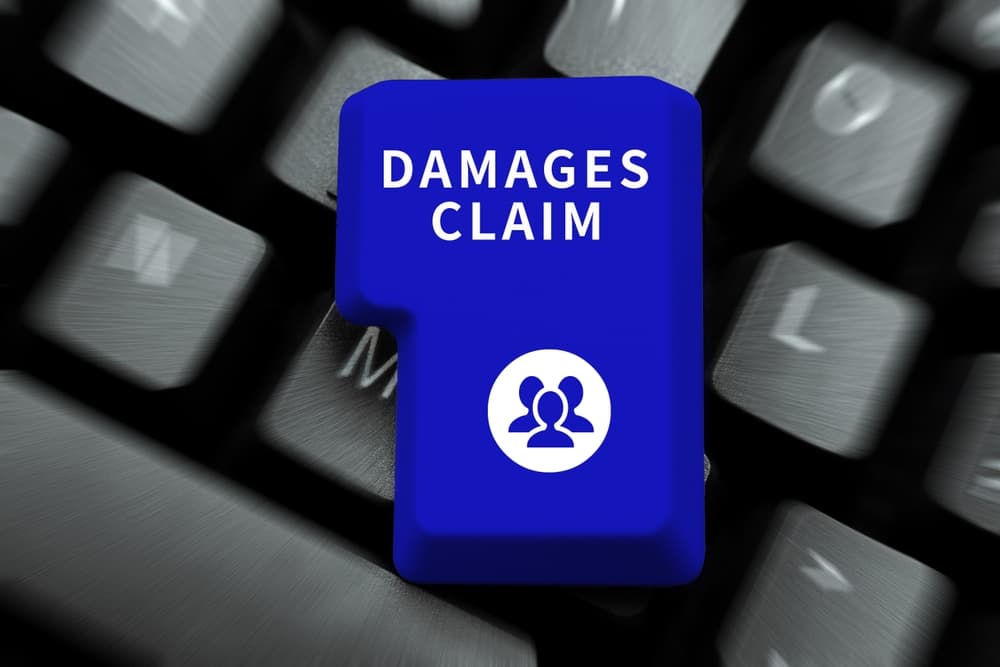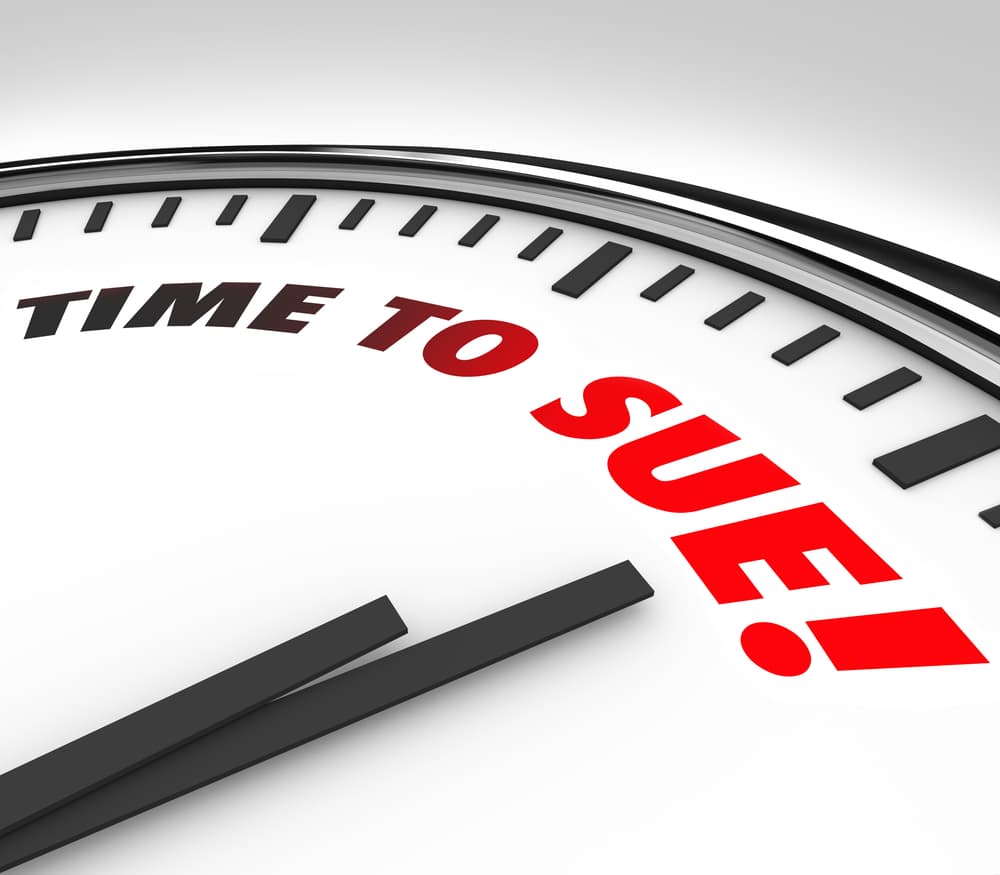Personal, business, or property-related circumstances that lead to losses are inevitable. In these situations, law and justice intertwine to give the aggrieved party a chance to seek recompense. The legal term for the monetary award payable to a claimant as compensation for their losses or injuries is damages.
Pursuing compensatory damages can require you to navigate a labyrinth of legal jargon and the complexities of the claim process. When can you seek damages for an accident, and what kinds of losses can you include in your claim? Get in touch with Miami car accident lawyers, they’ll look at common damages you can sue for and how a claim can determine your financial future.
What Are Damages?
Damages in a legal claim or lawsuit refer to the monetary compensation or remedies a plaintiff (the party filing the lawsuit) seeks to compensate for losses or injuries suffered due to the defendant’s actions or negligence. Damages aim to remedy the harm they incurred and restore the plaintiff, as much as possible, to their position before the wrongful act.
The Importance of Damages
Damages are a critical element in a personal injury lawsuit. They serve several vital purposes, including redress, deterrence, and vindication. Redress, or compensation, financially reimburses the injured party for their loss.
After an accident, you may face significant financial losses through no fault of your own. Recovering damages can help you rebuild your life and give you much-needed funds to move forward after a devastating injury or loss.
Deterring the offender from repeating their actions is another critical purpose, and the fear of a significant financial penalty can do that. Damages also serve to vindicate the injured party, reaffirming the protection of their legal rights.
Understanding the role of damages in a lawsuit underscores the importance of accurately calculating, illustrating, and believing in the merit of your claim. Presenting a convincing argument validating the value of your damages can be a determining factor in your physical and financial recovery.
Types of Damages
There are various types of damages available. If you’re considering a lawsuit, it’s essential to know what compensation you can seek. The two categories are compensatory and punitive damages. Within these are several sub-categories that you may need to consider as you establish the damages you will sue for.
Compensatory Damages
Compensatory damages refer to money payable to an individual or organization as compensation for a loss or injury they suffered due to the actions or negligence of someone else. The aim of awarding damages is not to punish the wrongdoer but to restore the injured party to their position prior to the incident. The award amount can vary depending on the type and severity of damage.
Compensatory damages are broken down into special and general damages.
Special Damages
Special damages are losses you can quantify. They typically include the financial losses directly resulting from an accident. A lawyer can provide deeper insight into what damages you deserve.
Most claims, however, include the following elements:
- Medical expenses: When you sustain a significant injury in an accident, such as a traumatic brain injury, spinal cord injury, or broken bones, you may face high medical costs, which are generally the basis for an injury claim. Medical expenses can encompass obvious costs, such as the cost of care in the emergency room or hospitalization, and obscure costs, including co-pays and deductibles that you may need to pay at the time of service. When filing a claim, it’s also crucial to consider future medical costs.
- Lost income: Serious injuries often lead to considerable time off work. As the injured victim of an accident, you may struggle to generate the income you need to pay your bills. This loss of earnings can cause substantial financial hardship.
- Property damage: Dealing with property damage due to someone’s negligence can cause significant challenges and financial strain. Car accidents are a common cause of property damage. If you have suffered other types of property damage due to another party’s carelessness, you may have the right to include those in your claim.
Special damages are usually easy to calculate since they include specific losses that you can calculate based on receipts and estimates of future costs.
General Damages
General damages, unlike special damages, are more difficult to calculate. They include nonfinancial losses, such as pain and suffering or emotional distress after an accident. Pursuing compensation for general damages can help you rebuild your life after a serious incident.
Punitive Damages
Unlike compensatory damages, which reward the victim, punitive damages aim to punish the defendant for their negligent or intentional behavior and deter such behavior in the future.
Punitive damages are legal recompense a judge or jury may apply in certain circumstances, including criminal proceedings. The court may, for example, assign punitive damages following a car accident when a driver engaged in extremely dangerous or negligent behavior.
Nominal Damages
Nominal damages are symbolic damages a court awards when a plaintiff has had their rights violated but not experienced significant—or any—financial loss. Your lawyer may pursue nominal damages if you have experienced a substantial violation of your rights but did not suffer known or documented damages.
Statutory Damages
These are awards for damages in civil law set by statute. A judge awards them when calculating the precise value of losses is difficult. In some cases, the law specifies an amount or a range of damages you can pursue based on the general losses most people suffer in the same circumstances. You may seek statutory damages if establishing the degree of harm or loss is complex.
Each type of damage plays a distinct role within a lawsuit, and the most effective legal arguments can persuasively demonstrate the necessity and justification for the type and amount of claimed damages.
Factors To Consider When Suing for Damages
Pursuing legal action for damages is not straightforward. It requires careful consideration and an understanding of numerous factors that may determine the outcome of your lawsuit. Here are some key considerations that you should be mindful of:
Determining the Type of Damage
Before filing a lawsuit, your lawyer will determine the damages you have suffered. Was it monetary, physical, emotional, or a combination of these? Understanding the nature of your damages will help you and your legal counsel strategize and build a stronger case.
It also provides insight into the kind of evidence you’ll need to amass and the potential amount of compensation you could receive. A lawyer can review the losses you sustained due to the incident, build a strong case to support your claim and maximize your damages.
Proving Damages
Just stating that you suffered damages isn’t enough to win a lawsuit. You must provide evidence of your damages and prove they were a direct result of the defendant’s actions or negligence.
This often requires substantial evidence, such as medical bills, property damage assessments, and income loss documentation. You may also need expert witnesses, such as doctors or mechanics, to verify your damages.
In many cases, you’ll seek compensation through an insurance company covering the liable party. Insurers often try to minimize payouts, which may mean more financial strain for you. Clear evidence of your damages makes justifying your claim for compensatory damages easier.
Limitations and Restrictions
Jurisdictions typically have statutes of limitations that restrict the time you have to file a lawsuit after suffering damage. Failing to file within this period usually results in losing your right to sue.
Some states may cap the damages you can recover in certain cases. A lawyer can explain these limitations and restrictions to avoid potential pitfalls. A lawyer can review the terms of any insurance policies relevant to your case and local laws to establish your rights and any limitations that may apply to your case.
Each case is unique, and the circumstances surrounding your claim will dictate the approach and factors to consider. Find the right personal injury lawyer who can provide advice and support as you navigate these complexities and ensure you make informed decisions.
How to Sue for Damages
The pursuit of damages requires strategic planning and an understanding of the legal system. It involves critical steps, such as filing a lawsuit, determining the amount of damages, and presenting evidence in court.
Filing a Lawsuit
Once you’ve determined the types of damages, collected evidence, and identified any limitations, you can file a lawsuit. This involves drafting and filing a formal document—the complaint.
This outlines your claims against the defendant(s), the legal reasons for your lawsuit, and the types and amounts of damages you’re seeking. This legal document sets the stage for the lawsuit. You must correctly and timely file your claim. A legal professional can do this on your behalf.
Gathering Evidence
After filing a lawsuit, the next step is discovery—the process of gathering, examining, and sharing evidence. The discovery phase allows both sides to prepare for trial and requires them to disclose their evidence.
This might involve obtaining documents, conducting interviews (depositions), engaging in physical examinations or inspections, and gathering and organizing evidence to support your damages claim.
You’ll also need to provide evidence to the insurance company. The insurance company will generally conduct its investigation simultaneously and must turn over its evidence to your attorney. Both sides can use that evidence to build their case.
Negotiating a Settlement
Once both sides have shared evidence, the insurance company often offers a settlement. It may not be in your best interests to accept the initial offer, as in most cases, it fails to consider the full damages you sustained from the incident. A lawyer can determine if the compensation reflects what you really deserve.
Your lawyer will advise you about how to proceed and may submit a counteroffer seeking a fair representation of the damages you sustained. It often takes several rounds of negotiation before both parties reach an agreement.
Presenting the Case in Court
The trial is when your attorney gets to present your case before a judge or jury. They will present evidence supporting your claim, question witnesses, and argue why you should receive the damages you’re seeking. The defendant will have the opportunity to refute your claims, present their evidence, and argue why they should not bear financial liability.
If you successfully prove your case, the court will determine your damages.
This depends on the nature and extent of your losses or injuries and the evidence supporting your claim. The court will consider various factors in its calculation, including lost income, medical costs, property damage, and pain and suffering.
A competent legal representative can guide you through each step, no matter how complex and overwhelming.
Contact an Attorney To Begin Your Claim

If you suffered damages due to the negligence of another party, you have the legal right to pursue compensation for your losses.
You do not have to handle this complex process. Contact Miami personal injury attorney as soon after the incident as possible to begin your claim.
Related articles
Related articles Related articles Related articles Related articles Related articles Related articles Related articles Related articles Related articles Related articles
Personal Injury
02 Feb 2024
How Long After An Accident Can You Claim Injury?








